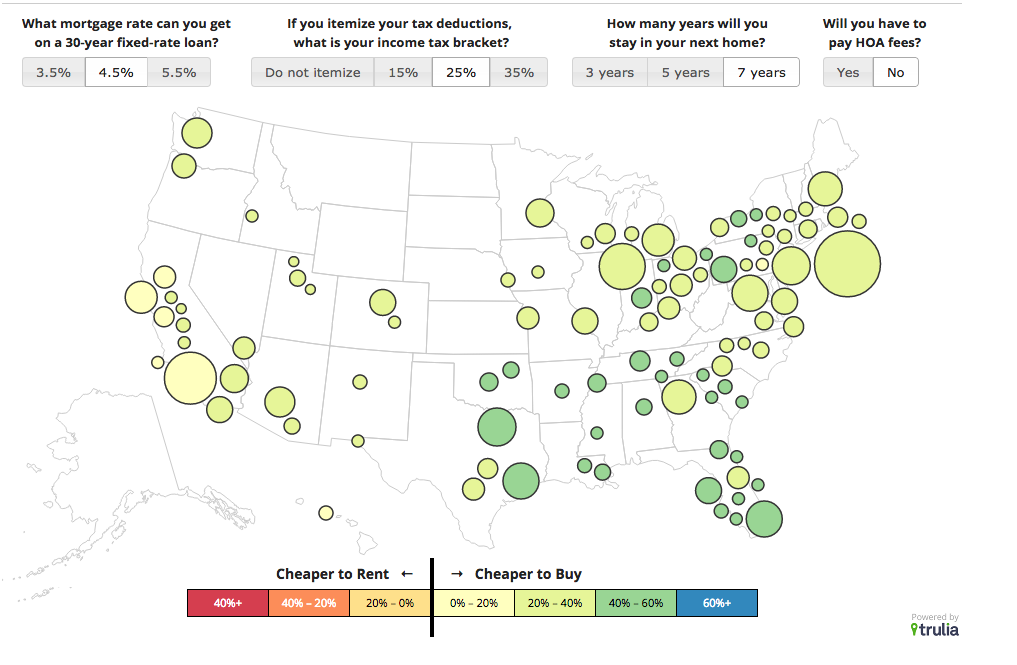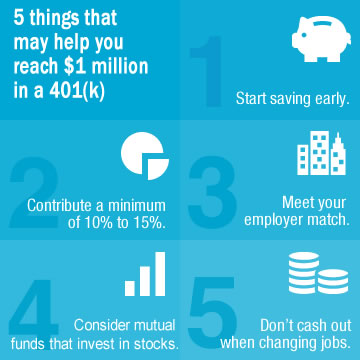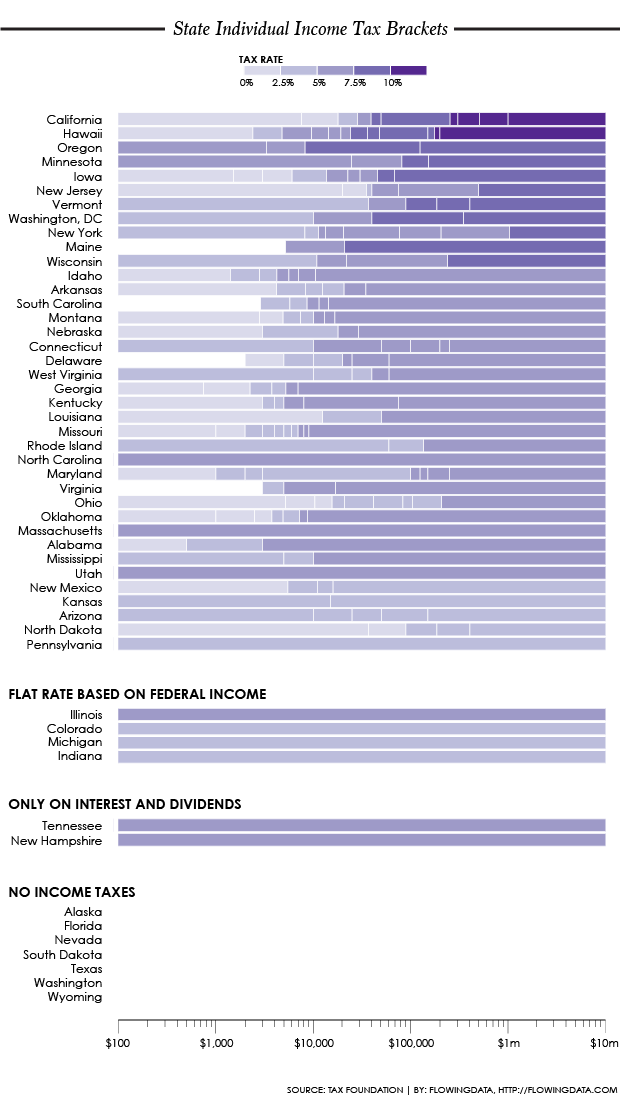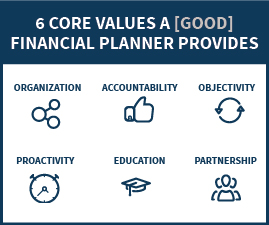Finance Needs an Ethics Class
 A new report on the financial industry describes a very troubling situation.
A new report on the financial industry describes a very troubling situation.
- A third of the people surveyed who make more than $500,000 annually claim that they “have witnessed or have firsthand knowledge of wrongdoing in the workplace.”
- “Nearly one in five respondents feels financial service professionals must sometimes engage in unethical or illegal activity to be successful in the current financial environment.”
- One in ten say they have been directly pressured “to compromise ethical standards or violate the law.”
More than 1,200 traders, portfolio managers, investment bankers, and hedge fund professional were surveyed.
Clearly not all financial professionals are unethical, but given the high degree of bad operators, we continue to counsel our clients and friends to ask good questions, be skeptical, and do your due diligence when making financial transactions.
















